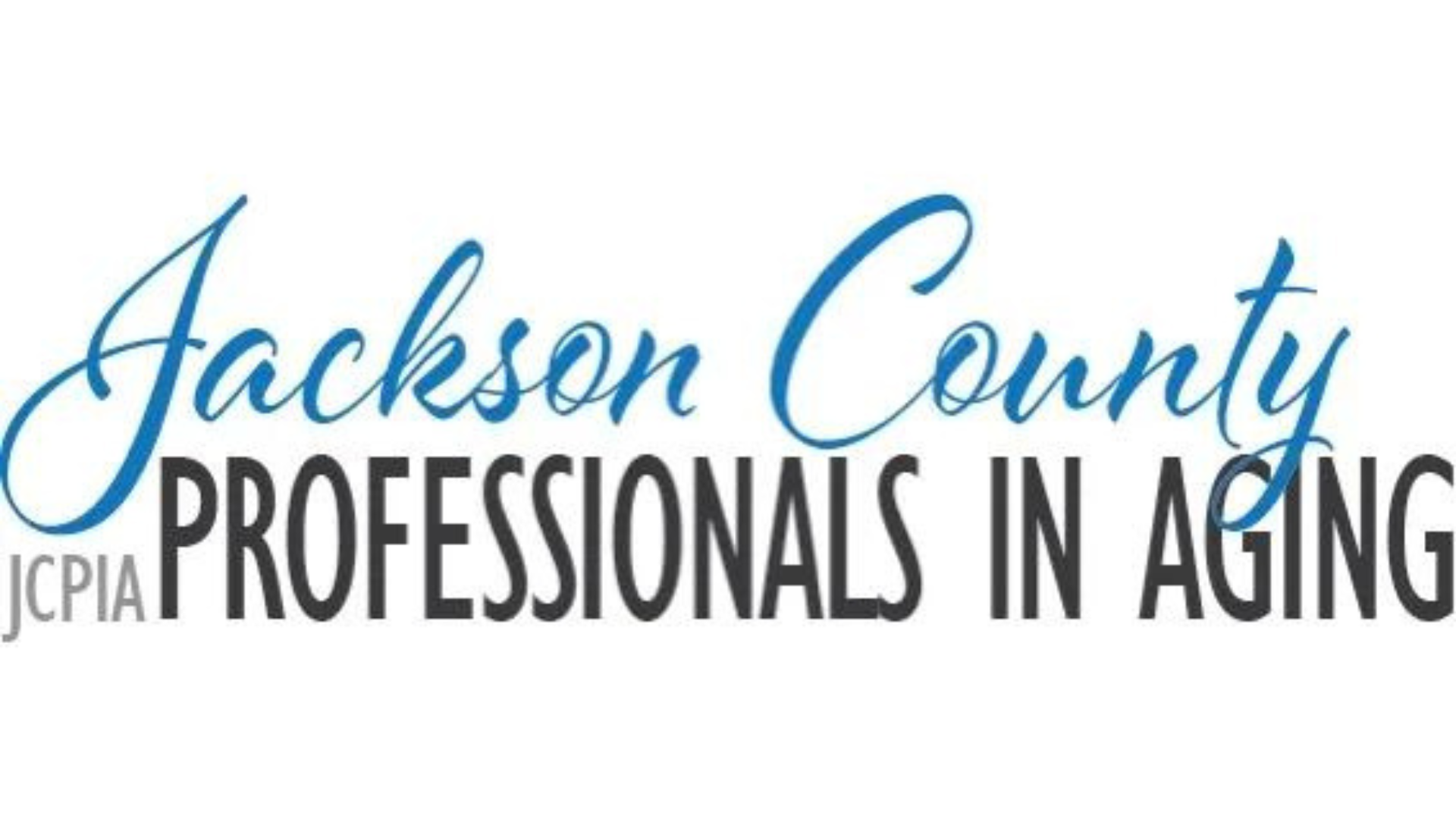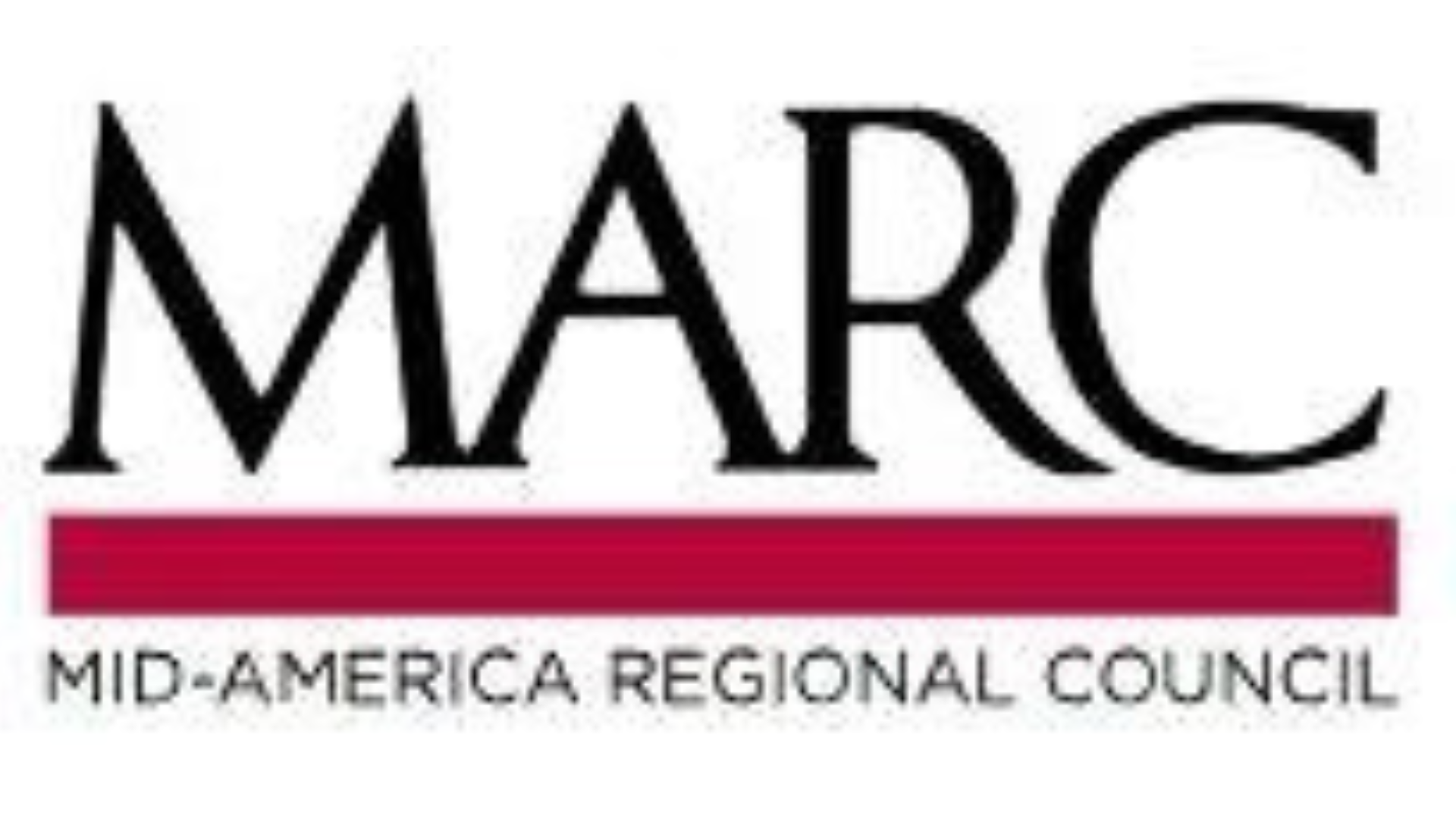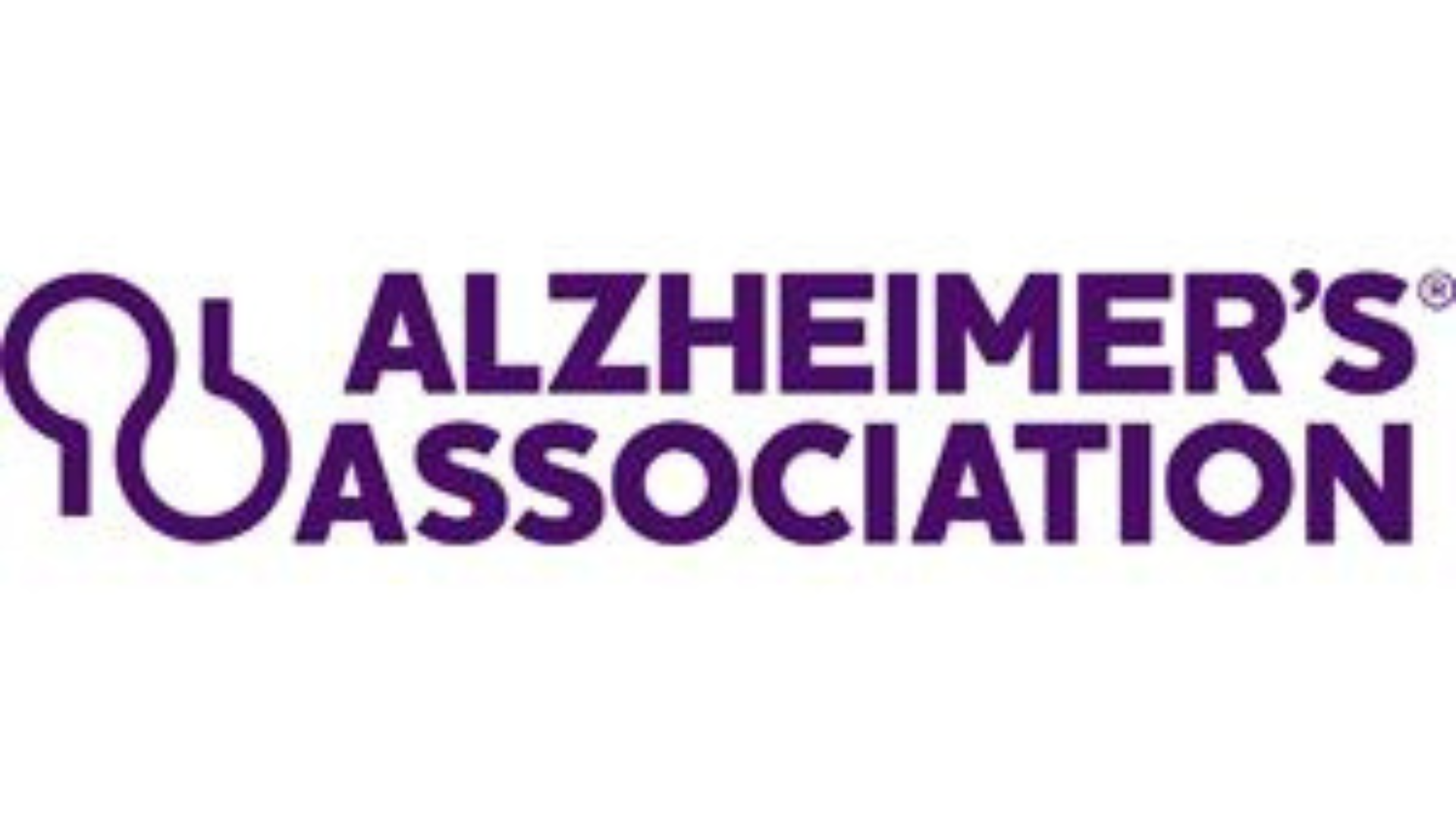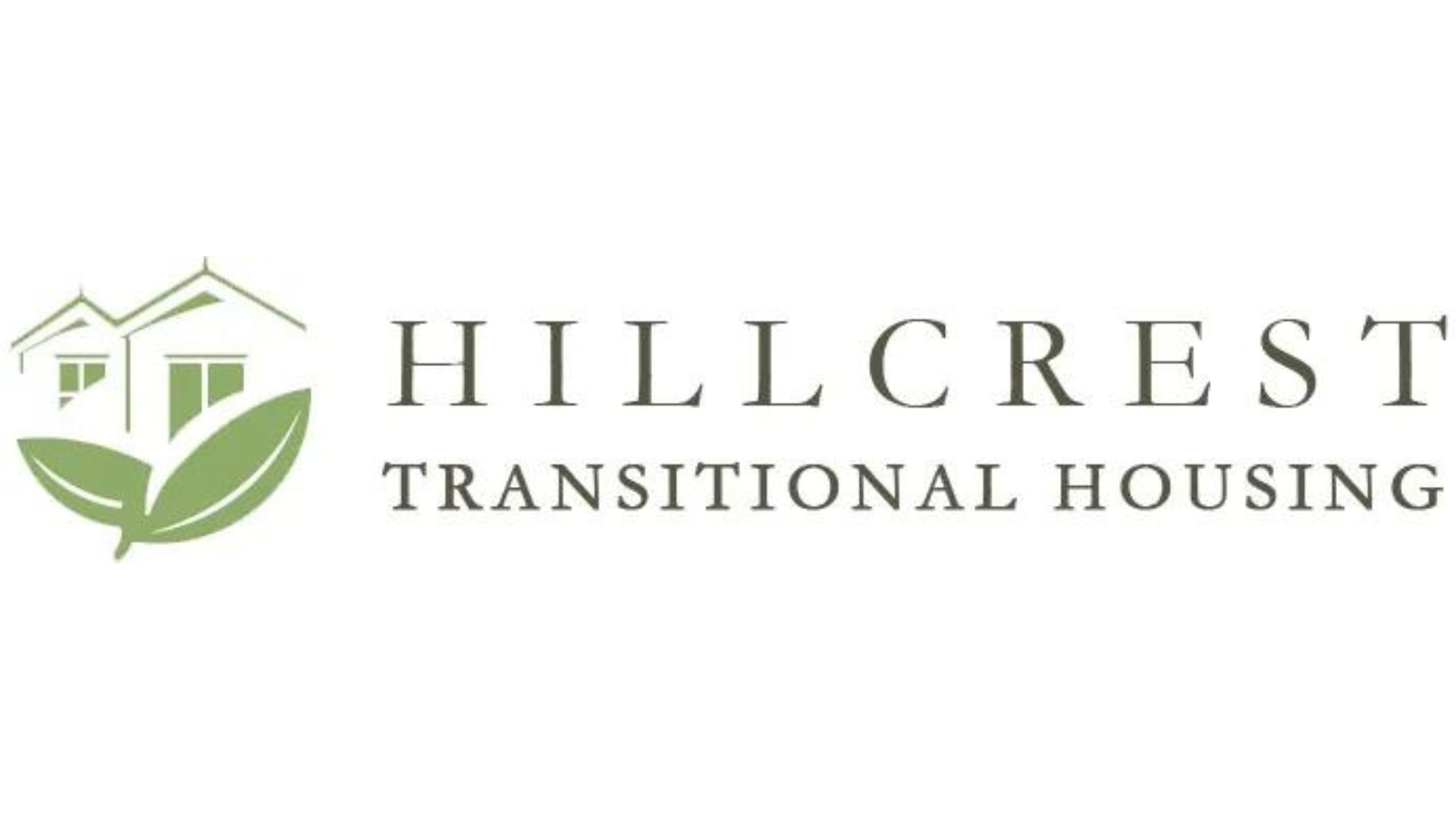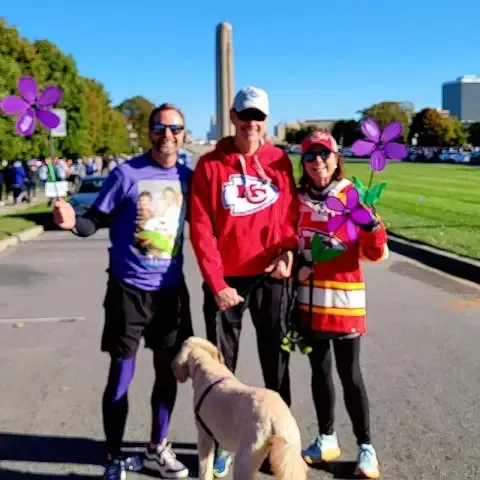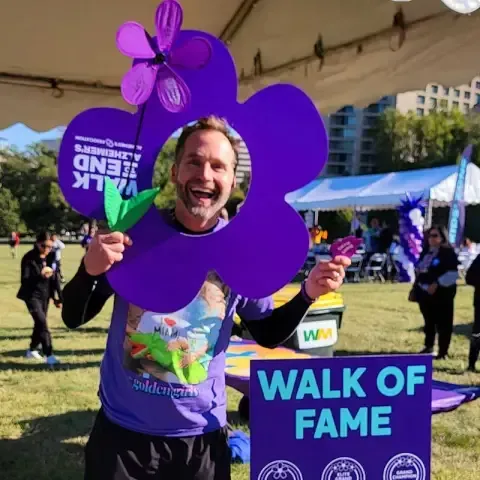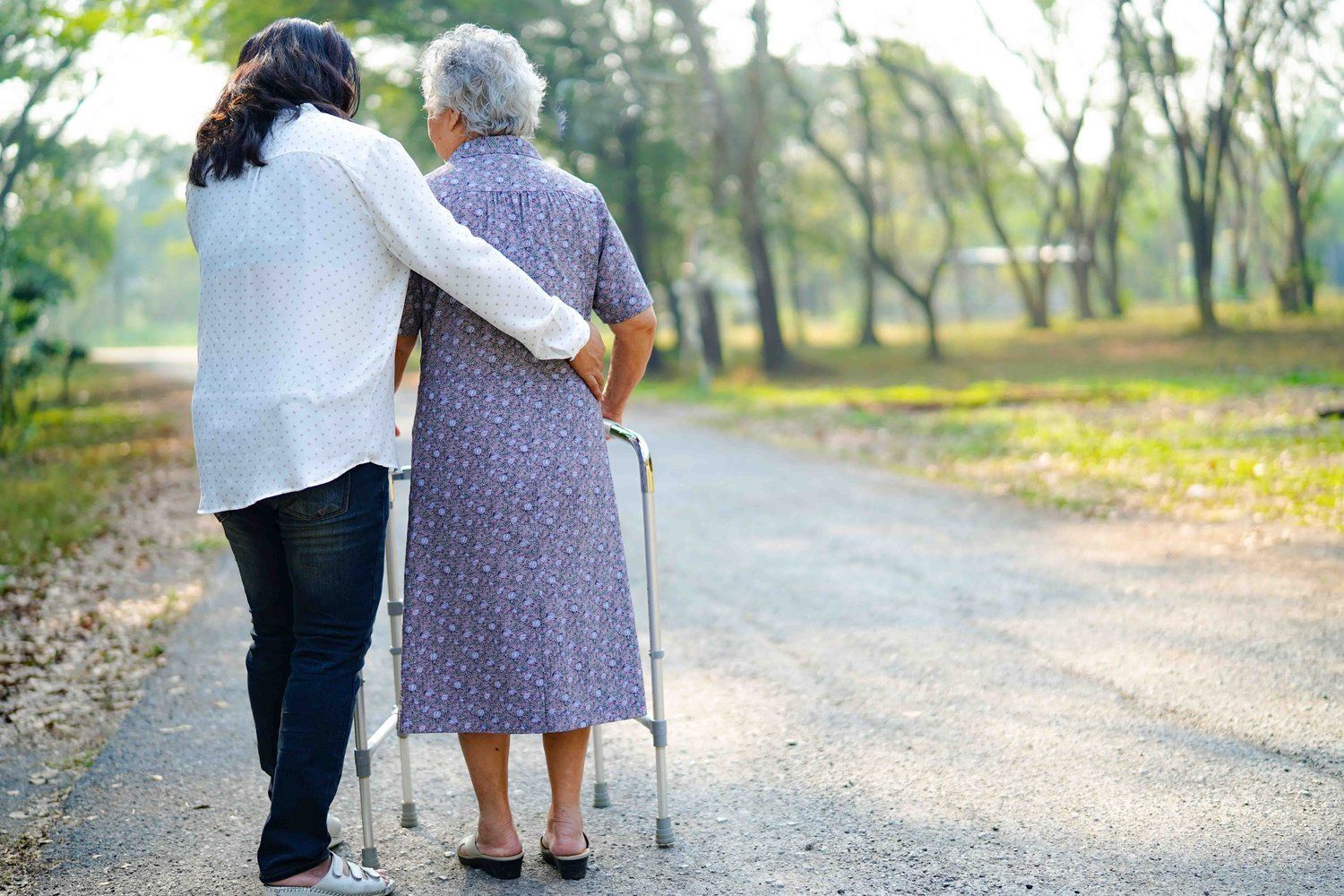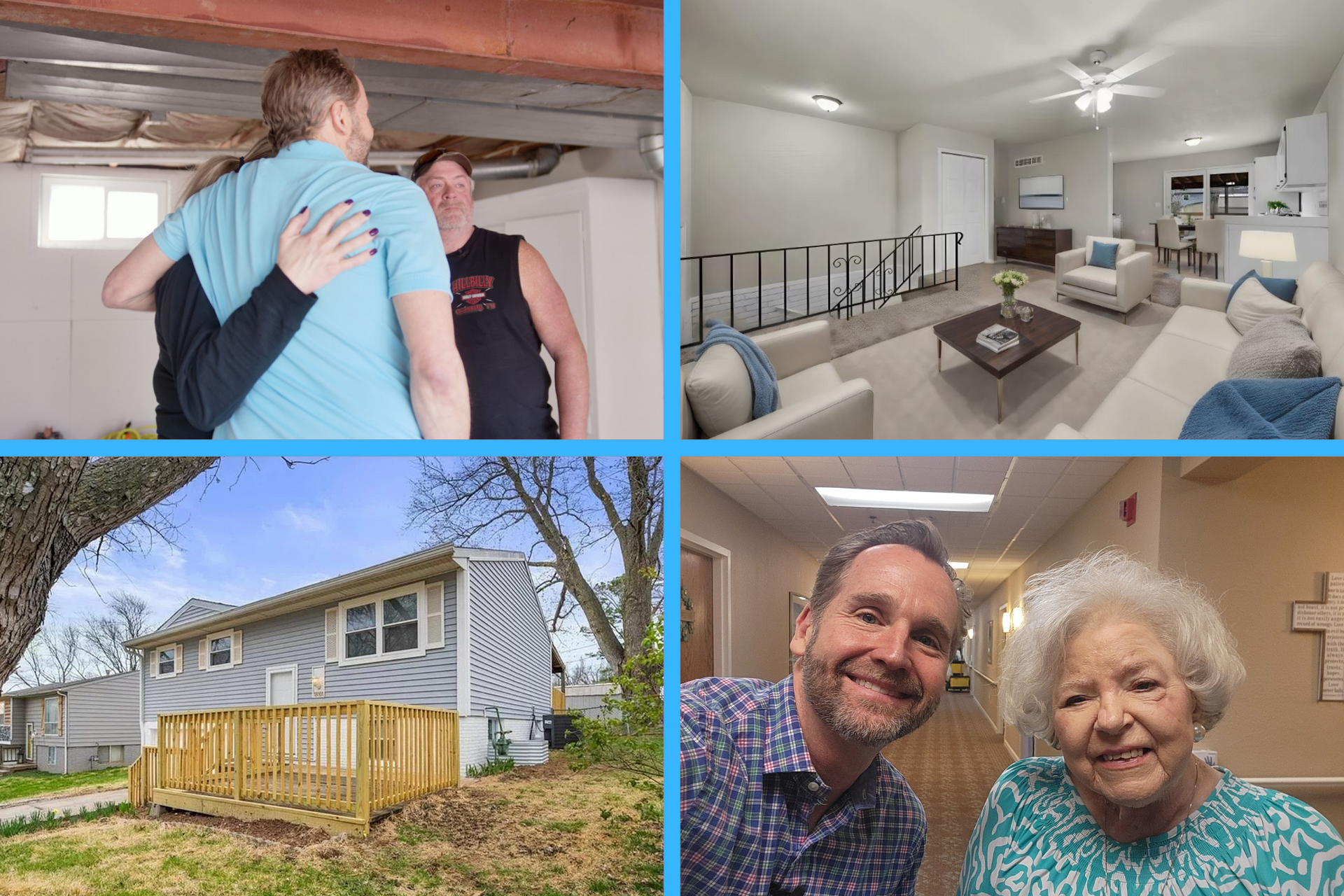Recognizing When Your Loved One Might Need Senior Living: Signs To Look For This Holiday Season

Caring for an aging loved is a complex and emotional journey. It’s natural to want the best for them, ensuring their safety, comfort, and happiness. However, recognizing when the time might be right for a transition to Senior Living isn’t always straightforward. Here are some gentle indicators to consider, and steps to take, if you think your loved one may benefit from Eldercare.
Keep A Watchful Eye
Physical Changes
Take note of any decline in their ability to manage daily tasks like dressing or bathing. Changes in weight, mobility, and balance can also signal the need for additional support.
Mental And Emotional Shifts
Be mindful of any shifts in mood, memory loss, confusion, or withdrawal from social interactions. These changes may suggest a need for specialized care.
Hygiene And Self-Care
Changes in grooming habits, unkempt clothes, or poor oral hygiene can indicate struggles with self-care that might be better managed in a more supportive environment. One where nurses and assistance are available around the clock.
Social Withdrawal
Losing interest in activities or withdrawing from social engagements might signify loneliness or depression, which can be alleviated through the community found in Senior Living facilities.
Home Safety
Frequent accidents or unsafe conditions at home, such as falls or difficulty navigating, could indicate that their current living situation poses risks that could be minimized in a Senior Living community.
Nutritional Changes
Weight loss, difficulty cooking, expired food, or an unhealthy diet might signal challenges in maintaining proper nutrition, which can be better addressed in a Senior Living setting.
Medication Management
Issues with remembering doses, confusion about medications, or expired prescriptions might suggest a need for assistance with medication management.
Transportation Challenges
If they struggle with transportation to appointments or social outings, Senior Living communities offering transportation services can provide much-needed support.
Increased Home Accidents
Frequent mishaps in the home could indicate a higher risk of injury, making a supervised environment in a Senior Living facility a safer option.
Caregiver Burnout
Recognize signs of caregiver exhaustion or strain, indicating that the level of care needed might exceed what can be provided at home.
What To Do Next
Assess Community Needs
Consider what community or living environment would best suit their interests and needs. Assessing Independent Living or evaluating Assisted Living can help tailor the right support.
Financial And Legal Planning
Consider legal requirements like Power of Attorney for financial and medical decisions. Assess assets, expenses, and possible benefits such as veterans’ benefits.
Managing Their Home
Decide what to do with the home and their belongings. Determine if a realtor is needed or if a Senior Living company, like Family Shepherd, is a better fit.

Understanding these signs and considerations can guide you in making informed decisions regarding your loved one’s well-being. It’s a journey of care, compassion, and ensuring that they receive the support and community they deserve.
At Family Shepherd, we understand the sensitivity and importance of these transitions. We’re here to assist and guide you through this journey, providing the care and support your loved ones deserve.



